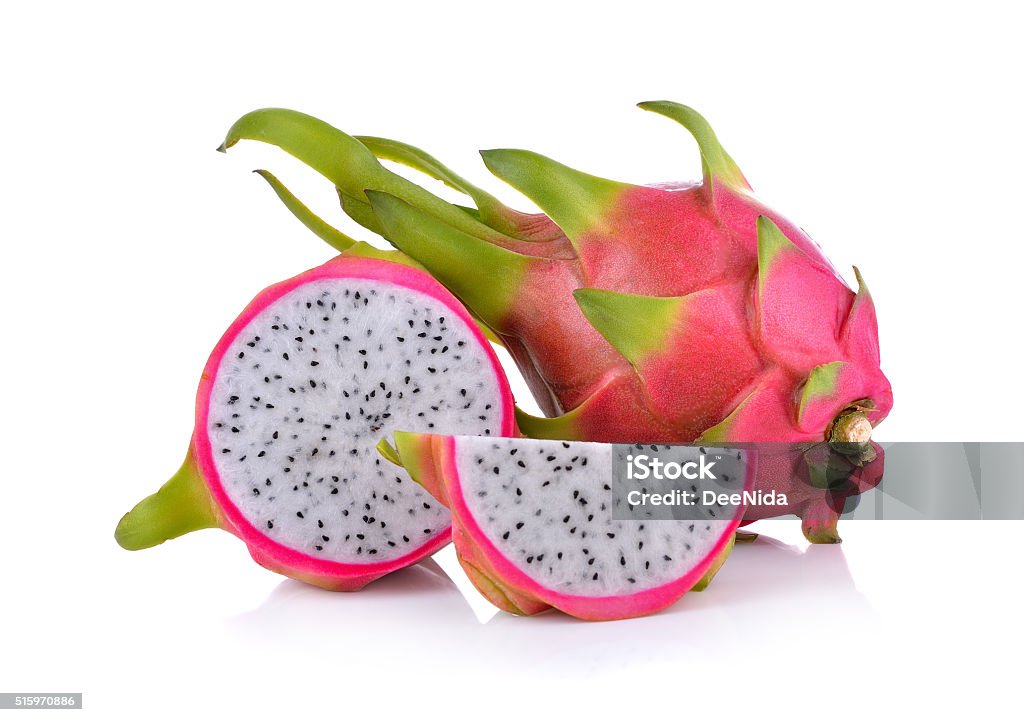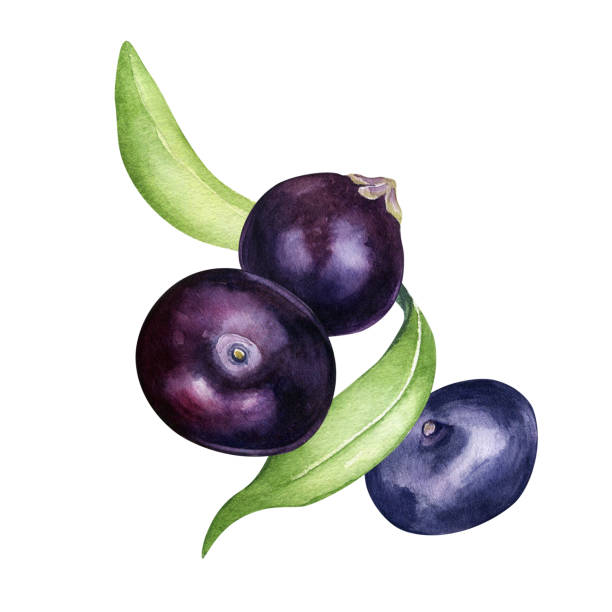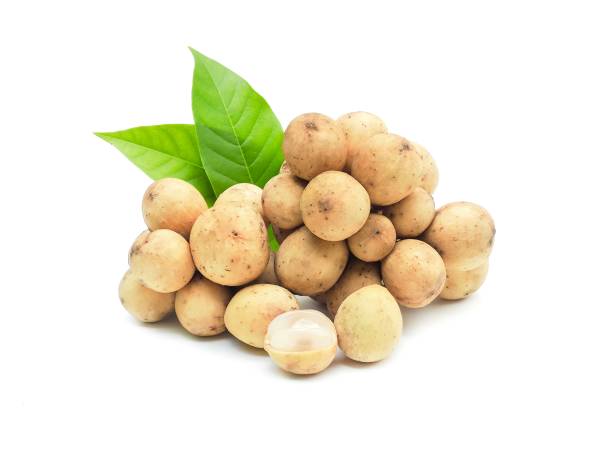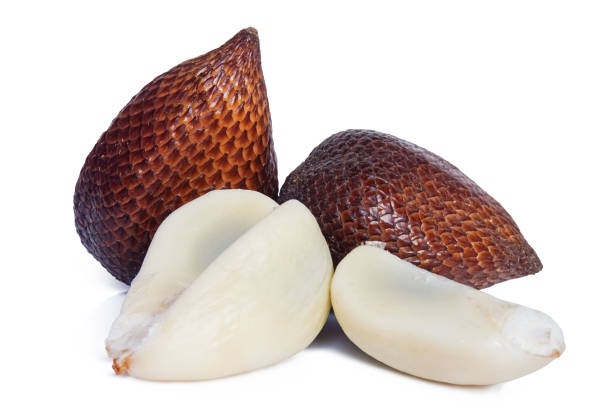Amidst the array of exotic fruits, the dragon fruit, with its vibrant appearance and unique flavor, stands as a nutritional extravaganza, offering a medley of essential vitamins, minerals, and antioxidants. Also known as pitaya or pitahaya, this tropical delight not only captivates the senses with its striking appearance but also proves to be a wholesome addition to a health-conscious diet.
One of the distinctive features of dragon fruit is its impressive vitamin C content. A single serving of this exotic fruit provides a significant portion of the recommended daily intake of vitamin C. Known for its immune-boosting properties, vitamin C also plays a vital role in collagen synthesis, contributing to skin health and acting as a potent antioxidant. With each succulent bite of dragon fruit, one indulges not only in its sweet and mildly tangy flavor but also in a burst of immune-boosting vitality.
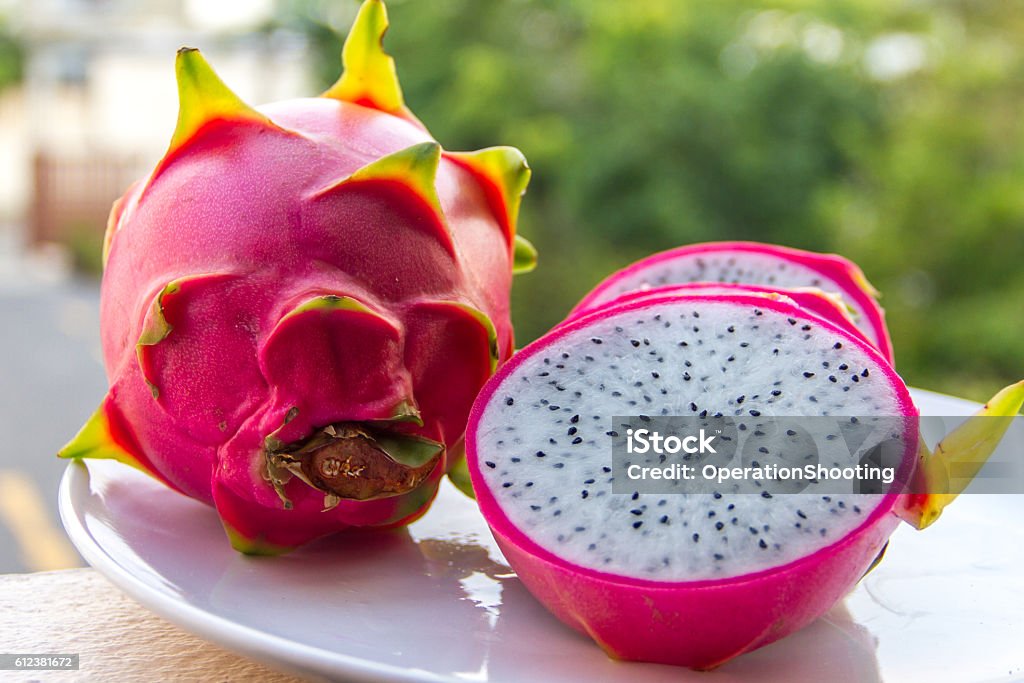
Dragon fruit is low in calories and rich in dietary fiber, making it a favorable choice for those seeking weight management and digestive health benefits. The fiber content supports regular bowel movements, aids in preventing constipation, and promotes a feeling of fullness. The combination of fiber and low-calorie density positions dragon fruit as a nutritious and satisfying option for those mindful of their caloric intake.
This exotic fruit boasts a colorful array of antioxidants, including betalains, carotenoids, and polyphenols. These antioxidants contribute to dragon fruit’s potential anti-inflammatory effects and protection against oxidative stress. The vibrant hues of pink, red, and white in different varieties of dragon fruit signify the presence of these beneficial compounds, turning this tropical gem into not just a visually appealing treat but also a nutritional powerhouse.
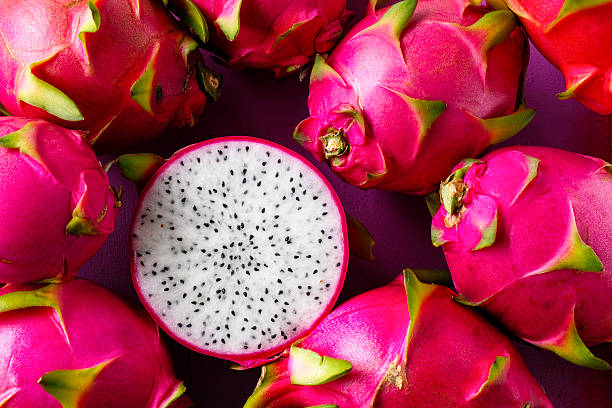
Dragon fruit contains essential minerals, with notable amounts of iron and magnesium. Iron is crucial for oxygen transport in the blood and energy metabolism, while magnesium plays a role in muscle and nerve function, bone health, and the synthesis of DNA. The mineral content in dragon fruit adds to its nutritional value, contributing to various aspects of overall well-being.
Despite its mildly sweet taste, dragon fruit has a low natural sugar content, making it suitable for those monitoring their sugar intake. This characteristic, combined with its fiber content, positions dragon fruit as a refreshing and health-conscious choice for those with a sweet tooth.
In conclusion, the dragon fruit, with its exotic charm and nutrient richness, transcends its role as a tropical delicacy to emerge as a nutritional extravaganza. From immune-boosting vitamin C to digestion-friendly fiber and a spectrum of antioxidants, dragon fruit offers a comprehensive array of essential nutrients. As we savor the exotic flavors of dragon fruit, we are not just enjoying a tropical delight; we are partaking in a nutrient-rich experience that delights both the palate and the body.

